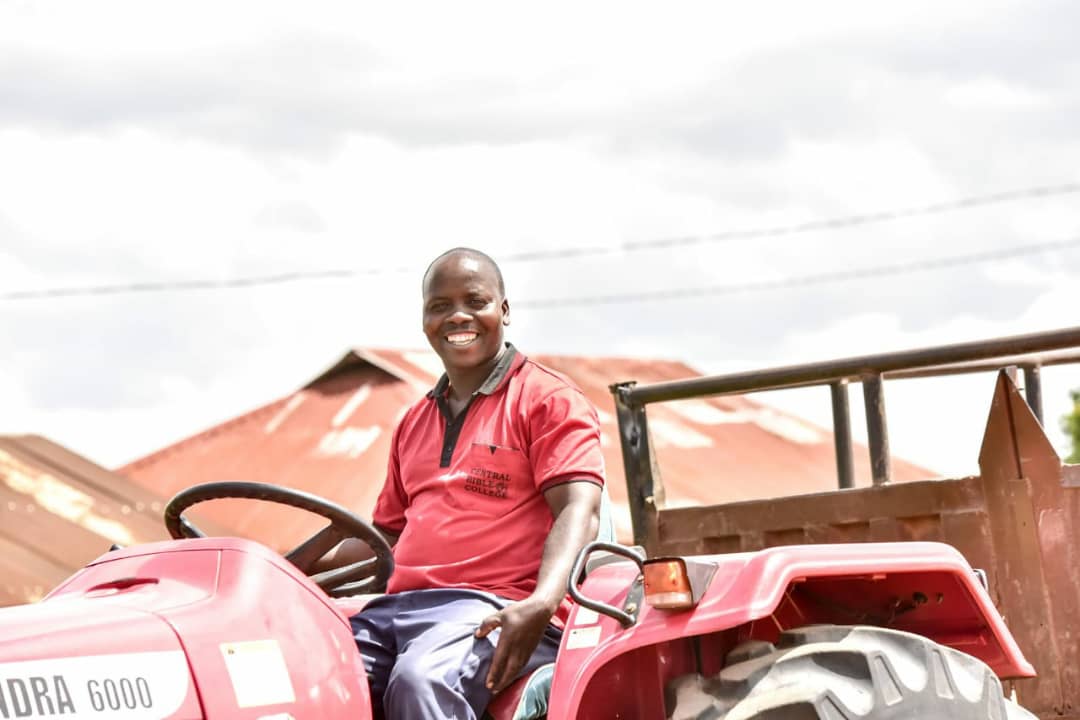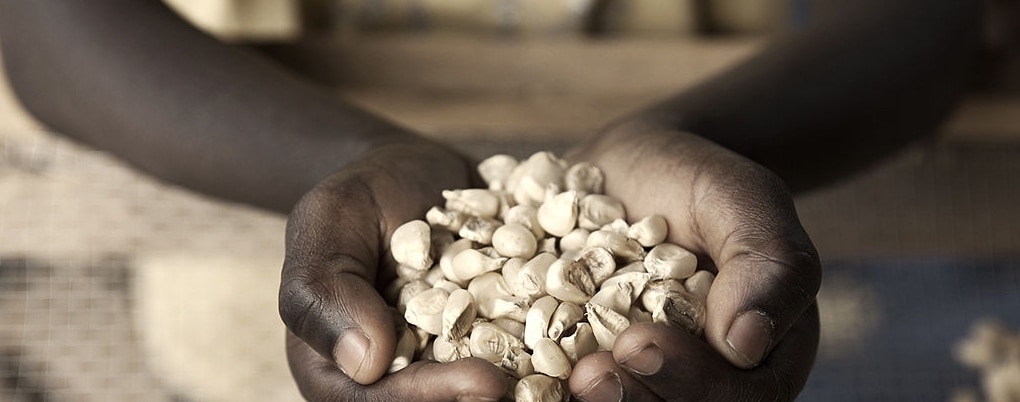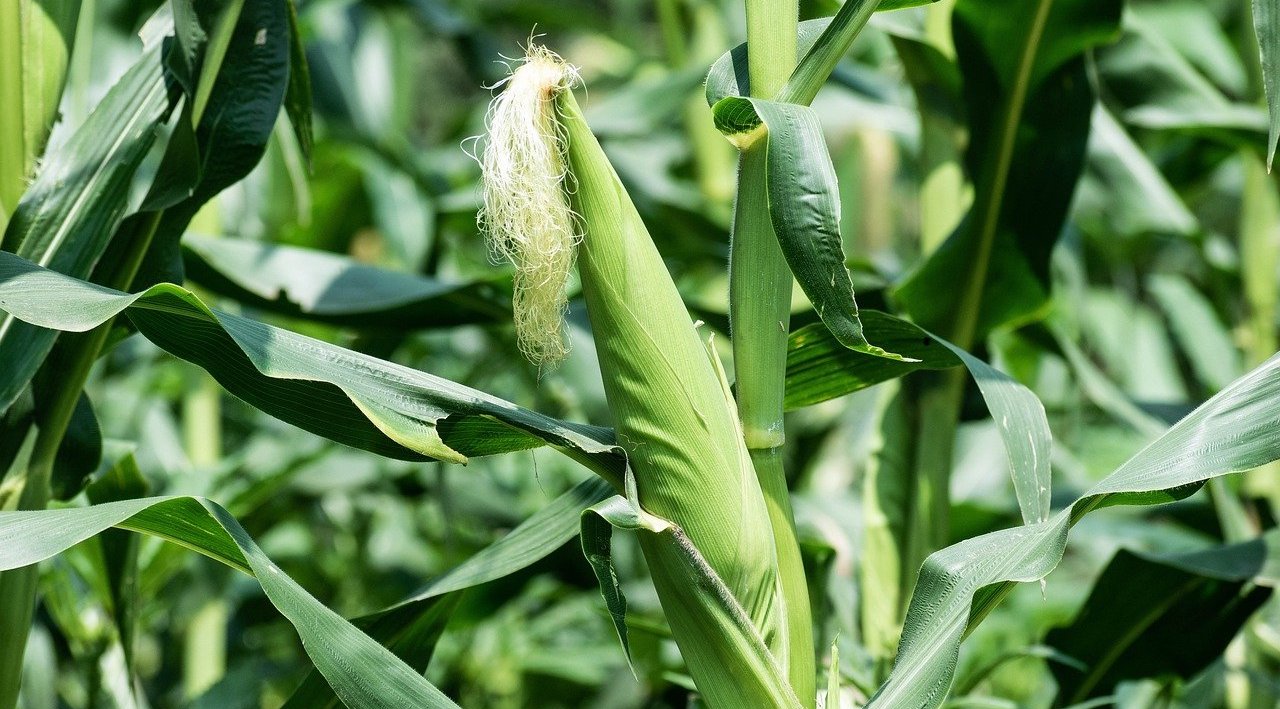It is no longer business as usual for more than 170,000 farmers in Kigoma, Tanzania. They are the beneficiaries of Kilimo PiATA Tija Tanzania, an agricultural productivity project, implemented for the benefit of more than 217 villages by five organizations in Kigoma Region, with funding support from AGRA.
Mr. Linus Dominico, a smallholder cassava farmer from Nyakitonto Village in Kasulu District, is in the middle of a bumper harvest, a phenomenon he has never experienced in his entire life. In Msebehi village, Uvinza District also in Kigoma Region, a maize farmer, Mr. Suleiman Rumeya, has a similar testimony. Although he has been a farmer for the better part of his life, what he has learned from the Kilimo PiATA Tija Tanzania project has transformed his outlook on life.
“Productivity has gone up,” he adds, “last year I managed to produce 10 extra bags of maize for sale.” This has never happened before. The story is the same for yet another smallholder maize and cassava farmer, Mr. Moshi Hiiza, from Kanazi village in Kasulu District.
The demand for improved seed varieties, fertilizers and good crop husbandry practices has had positive consequences for farmers. They are prosperous and previous subsistence practices have been transformed into productive ventures with a commercial value beyond food security.
Initially, the Ministry of Agriculture Training Institute (MATI) in Mubondo, Kigoma, provided land for the villagers to undertake the first demo farms for both maize and cassava, with the support of Nyakitonto Youth for Development Tanzania (NYDT), one of the partners supported by AGRA. The result was an upward surge in the uptake of new seed varieties, fertilizers and good farming practices among villagers increased.
Kilimo PiATA Tija Tanzania is an agricultural productivity project, endorsed by the Government of Tanzania and implemented for the benefit of more than 217 villages by five organizations in Kigoma Region, with funding and technical support from AGRA.
Translated from the Kiswahili language to English, Kilimo Tija describes the shift to a productive, profitable and solution-based agriculture and PiATA is the acronym for the Partnership for Inclusive Agricultural Transformation in Africa – also led by Agra, USAID, the Rockefeller Foundation and the Bill & Melinda Gates Foundation.
The Partnership’s involvement in scaling up system and farmer-level initiatives in Kigoma Region is in line with the strategies to catalyse and sustain an inclusive agricultural transformation across Africa. It aims to increase food security and income levels for 30 million smallholder African farm households by 2020, and double the incomes of 20 million smallholder farmers in at least 15 countries. Tanzania is one of 11 priority nations included in the initiative. The others are Burkina Faso, Ethiopia, Ghana, Kenya, Malawi, Mali, Mozambique, Nigeria, Rwanda and Uganda.
The bumper harvest experienced in March/April 2019 is no coincidence. Although the three farmers live hundreds of kilometers apart, they have some things in common. They all invested in, and adopted improved seed varieties. They also practice good crop husbandry. Their good fortune is replicated across the entire region.
Mr. Hiiza’s farms, 1.0 acres (0.4 ha) each under maize and cassava respectively, are outstanding to the extent that village authorities have identified them as demonstration sites and farmers are encouraged to visit and learn. About 100 visits have already been recorded. He is also the secretary of Jikongoje Farmers’ Group.
He recalls in amusement how at one point his cassava farm was raided and cuttings uprooted by villagers that had not been subscribed into the Kilimo PIATA Tija project.
“After seeing the good outcome, this was their way of replicating the same on their own farms,” he chuckles.
The treasurer of Jikongoje Farmers’ Group, Mama Mary Tunungu, praises the project for coordinating and teaching them the advantages of organizing to buy inputs in bulk, and benefitting from preferential pricing. They also aggregate their produce and benefit from expanded opportunities to access markets.
The Agriculture Officer of Kasulu District, Mr. Faidaya Misango, says the ongoing agricultural revolution in Kigoma Region cannot be ignored, especially because it has created an unprecedented demand for services in the sector.
To bridge the shortage of agriculture extension experts at the district council levels, the project has empowered smallholder farmers with the necessary training to sustain the momentum for productivity, food security and incomes. Known as Village-Based-Advisers (VBAs), they are empowered to train fellow farmers.
Other services required to support both on-farm and off-farm agricultural activities and businesses are mechanization, financial inclusion, input provision, production and distribution, transportation, wholesale, processing and marketing. The demand extends to agricultural training, research and extension services as well as strengthening farmer organizations and rural infrastructure.






